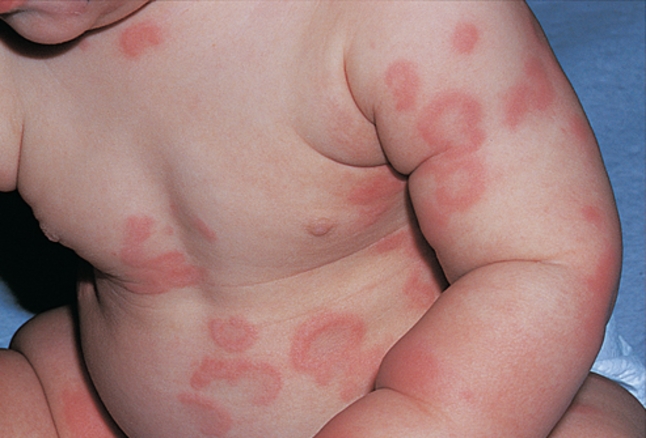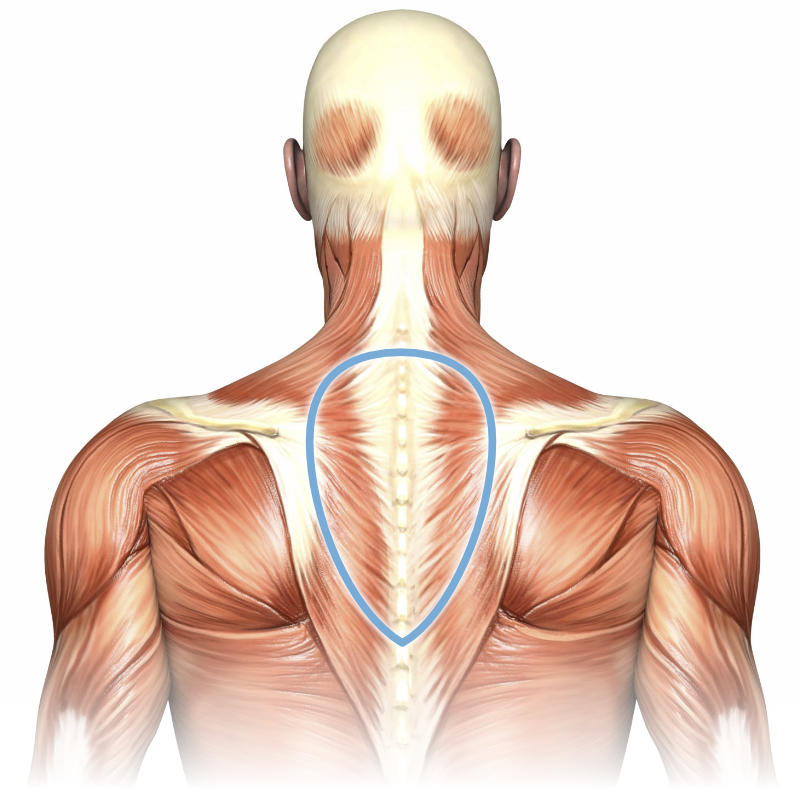An allergy is a super-sensitivity of the body’s immune system to certain substances such as foods, chemicals, dust mites, pollen, or animal dander. Exposure to the allergen (the material that causes the allergy) can result in uncomfortable, debilitating, or possibly even life-threatening reactions.
CONVENTIONAL APPROACH
Allopathic medicine offers two basic treatment approaches to allergy sufferers: avoiding the allergen, whenever possible, and taking drugs to relieve the symptoms. The medications include
- over-the-counter antihista-mines (such as chlorpheniramine and diphenhydramine)
- over-the-counter nasal decongestants (such as phenylephrine and phenylpropanolamine)
- prescription antihistamines (such as terfenadine and astemizole)
- injections of epinephrine (a synthetic hormone) that may be used during anaphylactic shock
In stubborn cases of allergies, physicians sometimes use immunotherapy. The patient receives shots containing larger and larger doses of the offending allergen to build up an inununity to it.
ALTERNATIVE APPROACHES HOMEOPATHY
Homeopathy, like conventional medicine’s immunotherapy, holds that the body’s ability to tolerate allergens can be stimulated by diluted, nontoxic doses of certain natural substances (which, if given to a healthy person in full, toxic strength, would produce the same symptoms as the allergy patient’s). The difference between homeopathy and immunotherapy (allergy shots) is that homeopathy uses extremely diluted doses. Homeopathic remedies should also produce results faster than immunotherapy and without the annoying and possibly dangerous side effects.
In addition to bolstering the body against future allergy attacks, homeopathic treatments can relieve symptoms such as runny nose and watery and irritated eyes. Here’s how the therapy is administered:
- A homeopath begins by assessing the patient’s symptoms and overall health and lifestyle.
- Then, a preparation is prescribed in the form of tablets or liquid drops. Depending on which school of thought the practitioner adheres to, the remedy may be a single substance (such as an herb or animal product), a cock-tail of several substances, or the actual allergen.
- The patient may experience aggravated symptoms for the first week or so, but this soon subsides.
- If there’s no improvement, the practitioner may try another remedy
Homeopathic treatments are also available as over-the-counter products designed for groups of allergies. Because these preparations are not tailored to individual symptoms, they are considered less effective. For sufferers of seasonal allergic rhinitis (hay fever), this therapy is especially promising; at least four scientific studies have shown the effectiveness of homeopathic treatment for hay fever. In one Scottish trial, patients given a homeopathic preparation of mixed grass pollens for two weeks had dramatically reduced symptoms. The symptoms of the patients who received the placebo remained the same.
Together with diet and lifestyle changes, a homeopath might instruct a hay fever sufferer to take a tablet containing grass pollen, 30c, twice a day (the 30c describes the potency of the substance, or how many times it has been diluted). Treatment should be supervised by a trained homeopath.
HERBAL MEDICINE
Several herbs hold hope for allergy sufferers. Although the precise prescription for an individual patient may require professional consultation, urtica (stinging nettles) can generally provide relief from acute attacks of hay fever. Eyebright can be useful for the symptoms of runny nose and watery eyes. Siberian ginseng, elder, and licorice can also reduce symptoms associated with hay fever.
Teas of Siberian ginseng can help reduce inflammation in the sinus area. A possible occasional treatment might be the following:
- Heat one cup of water to a simmer.
- Add a teaspoon of chopped ginseng root and steep.
- Drink about three cups a day.
NUTRITIONAL THERAPY
An elimination diet can rout out food allergies. Foods are cut from the diet for a couple of weeks to see if symptoms disappear. If the condition has improved, foods can be added back one at a time, with careful monitoring. Food additives can also bring on allergy symptoms.
Diet recommendations for hay fever sufferers could include increasing the intake of nutrients that have an antihistamine effect, including
- vitamin C (Bufferered supplement preparations are usu-ally best.)
- bioflavonoids
- pantothenic acid Avoiding dairy products, which stimulate the production of mucus, can also be useful.















